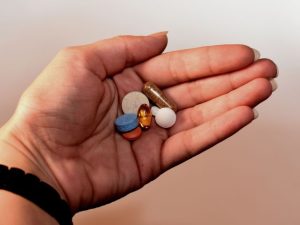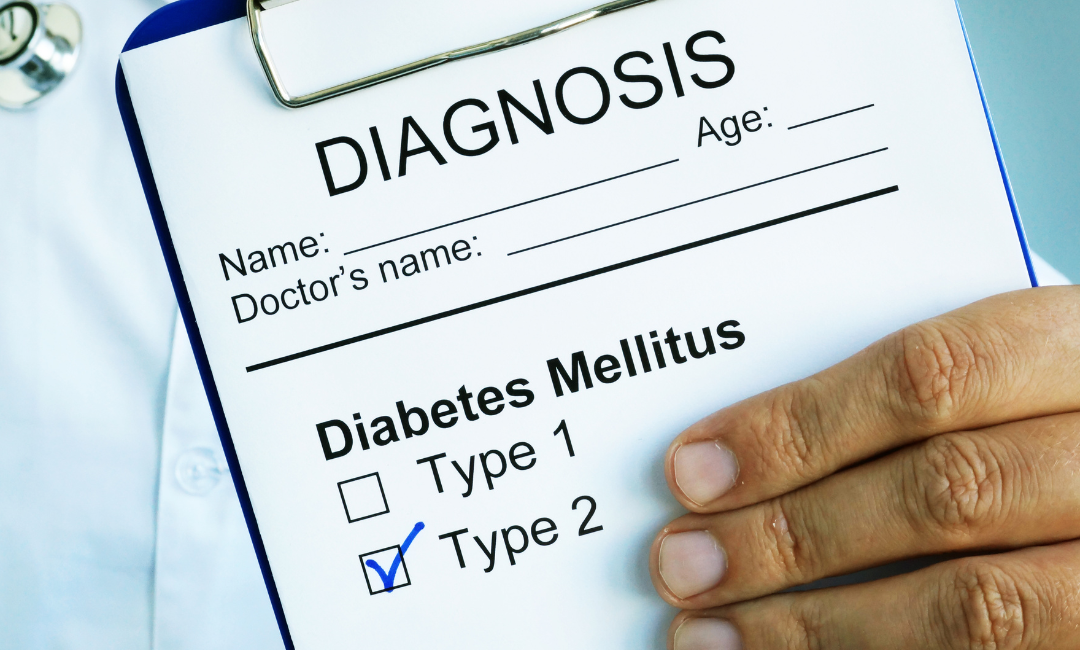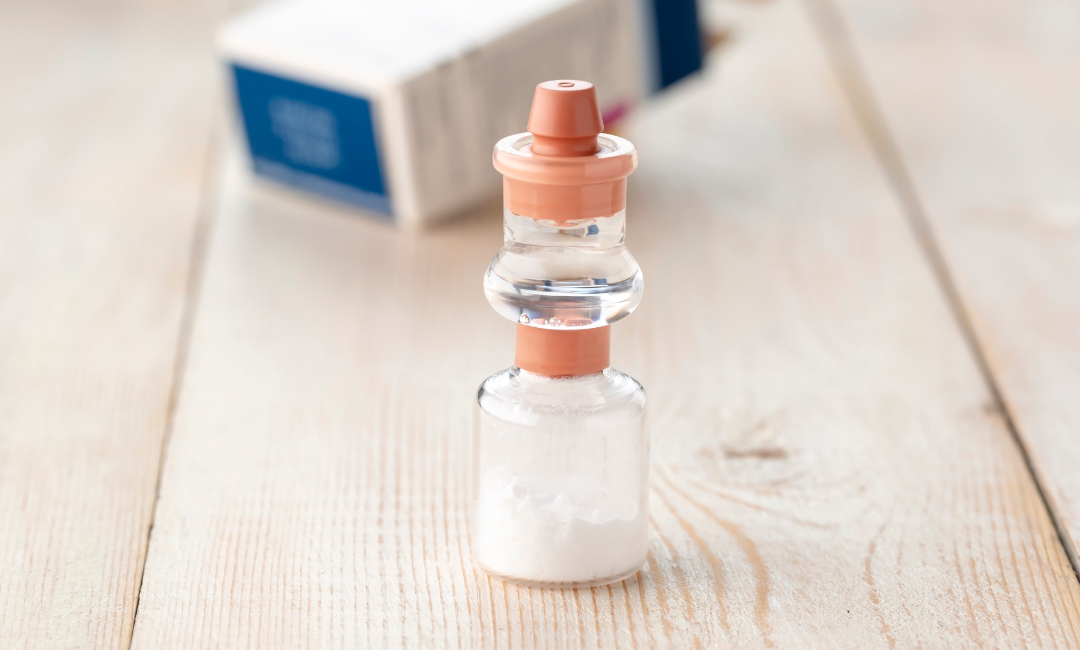How to Improve Medication Adherence
Now that we know more about the problem of nonadherence, what can we do about it?
According to the article in Patient Preference and Adherence, several interventions might be helpful.
Behavioral Interventions
These include counseling, such as having a trained nurse hold a 30-minute consultation session with a patient to motivate him or her to take medication as ordered. An integral part of this intervention involves having the patient explain the ideal circumstances for medication adherence.
For example, a patient with multiple oral meds might be more likely to take them if he or she has a compliance kit. A patient who requires insulin might be more comfortable having a home health nurse administer the injections.
Educational Interventions
Through the provision of patient education, nurses can promote medication adherence by having patients discuss their beliefs or knowledge regarding their medication and their health. Then, the nurse can clear up any misconceptions and be forthright about the consequences of nonadherence.
Consider the link between blood pressure medication and erectile dysfunction (ED), for example. If a patient discloses that ED is the cause of his nonadherence, the nurse can encourage the patient to be honest with his prescriber and discuss the possibility of switching to a newer beta blocker.
Although education alone may improve knowledge, when paired with counseling or self-manage skills training, it can have a positive impact.
Packaging and Daily Reminders
In a study of patients with asthma, one text message daily was sufficient to increase medication adherence.
Another study compared two groups of elderly people on high blood pressure medication. One group used regular pill bottles and the other group used daily dose blister packaging. The group that used the blister packaging had higher adherence and they refilled their prescriptions more often, which led to better clinical outcomes.








